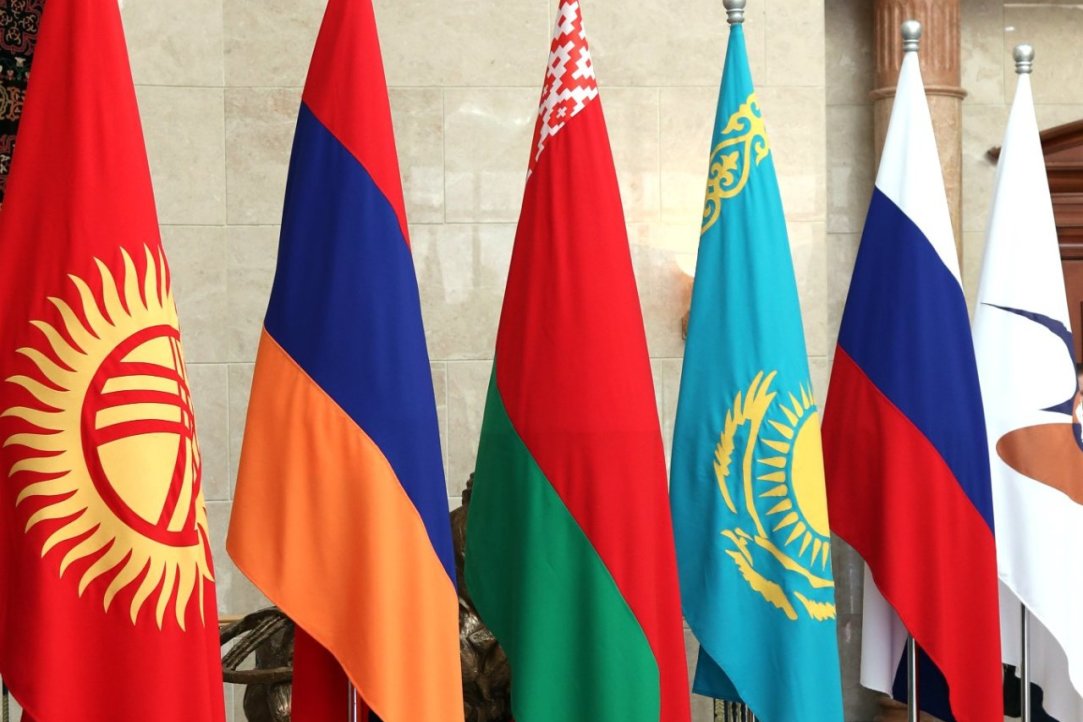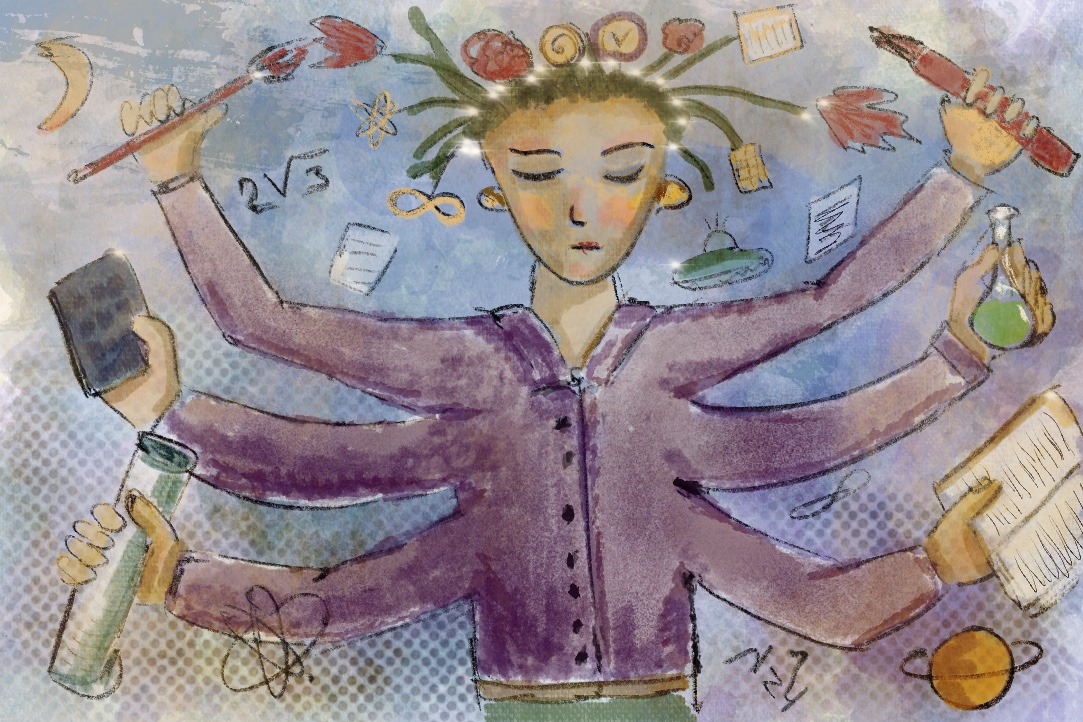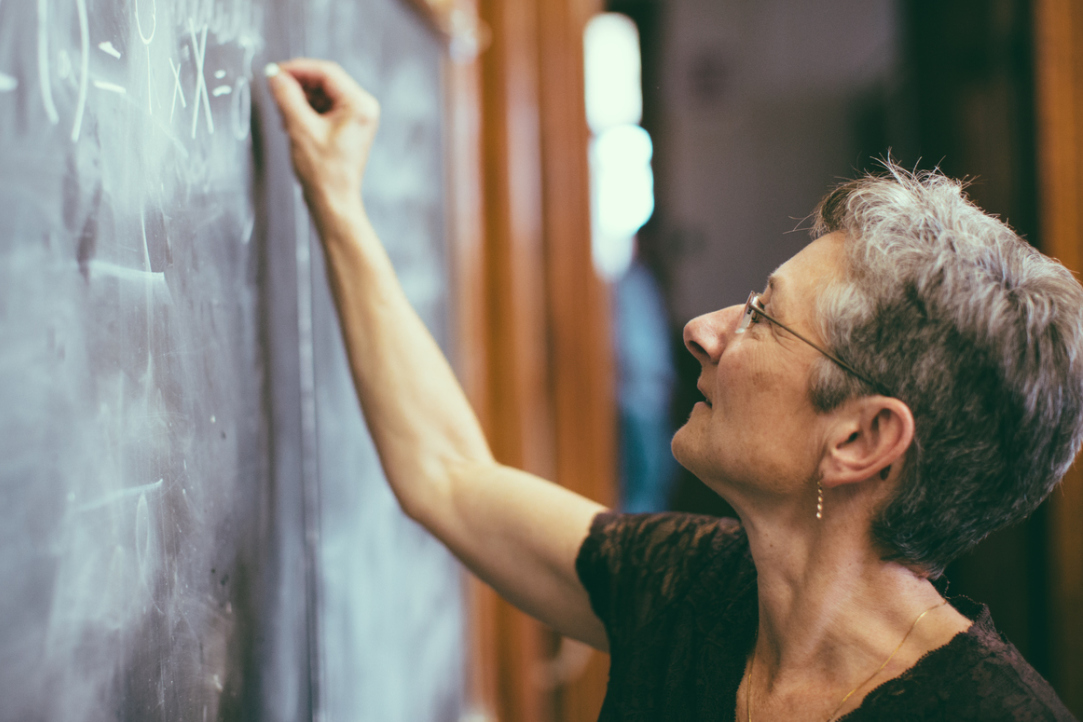
Yandex and HSE – St. Petersburg to Open a Natural Language Laboratory
The laboratory will study natural language texts, develop deep learning methods for their generation, and analyze computational linguistic data. Yandex, as a project partner, will help attract leading experts in artificial intelligence and data analysis to work in the laboratory on a long-term basis. The laboratory will be headed by Ivan Yamshchikov, Yandex Research Fellow and Associate Professor of Informatics at HSE University – St. Petersburg.

Human Capital, Innovation, and Fintech: What the Future Holds for Eurasian Integration
To what extent do the countries of the Eurasian Economic Union (EAEU) benefit from an open economy? What financial, scientific, and educational policy tools will contribute to the implementation of the recently approved ‘Strategic Directions for the Development of Eurasian Economic integration until 2025’? These questions were discussed by participants in a series of expert discussions at the XXII April International Academic Conference on Economic and Social Development organised by HSE University and Sberbank.

Assessment of Universal Competences: New Approaches to Assessing Soft Skills
In order to remain competitive in the labour market, university graduates must be proficient not only in professional knowledge and skills, but also in a set of universal competences (UC). However, higher education systems face problems in assessing such competences due to a lack of developed approaches and methodologies. A report released by the HSE Institute of Education, ‘An Assessment of Universal Competences as Higher Education Learning Outcomes’, analyses the ways in which these challenges have been addressed in both Russia and abroad.

‘All of the Most Interesting Research Today Happens at the Borders between Different Disciplines’
The Russian Ministry of Education and Science has approved a new nomenclature of specializations in which academic degrees are conferred in Russia. The new list includes 21 new fields, including cognitive science. Maria Falikman, Head of the HSE School of Psychology, discusses the history of cognitive science, its formation at HSE, and its prospects for development.

‘AI Will Apply to All Activities, Having a Great Effect on Economy’
Artificial Intelligence (AI) has become a fundamental component of many activities in economics and finance in recent years. On April 26,Panos Pardalos, Academic Supervisor at theLaboratory of Algorithms and Technologies for Networks Analysis (LATNA at HSE Nizhny Novgorod) and Distinguished Professor of Industrial and Systems Engineering at the University of Florida, will talk about its impact, future developments and limitations in his honorary lecture Artificial Intelligence (AI) in Economics and Finance.

What Can Make Robots More Human-like?
What is affect and why is it important for humans? How can feelings be defined and what is their relation to emotions and consciousness? What might be used in making a soft robot? Professor Antonio Damasio (University of Southern California, USA) discussed these and other questions in his honorary lecture, entitled 'Feeling, Knowing, and Artificial Intelligence'.The talk was delivered on April 16 at the at the XXII April International Academic Conference held by HSE University jointly with Sberbank.

World Bank Forecasts a Rise in Poverty
General wealth levels in Eastern Europe and Central Asia have been improving since 2012 — poverty has been decreasing. But due to COVID, global poverty levels, including those of these regions, may increase considerably for the first time in two decades. Samuel Freije-Rodriguez, Lead Economist at World Bank, talked about this at the XXII April Conference organized by HSE University and Sberbank.

Globalization Endures: Global Trade and the Economy Are Showing Signs of Recovery
The global economy’s pace of recovery after the pandemic largely depends on whether consumers will return to a hedonic style of consumption. At the XXII April International Academic Conference, organized by the HSE and Sberbank, the HSE School of World Economy held a round table ‘The World Economy in the Context of the Coronavirus Pandemic’.

University Salaries Show Poor Correlation with Academic Achievements
In 2012, many universities started signing incentive contracts with their staff in order to stimulate research and active inclusion in the global academic market. Together with orders issued by Russia’s president in May, this has led to growth in university salaries. But exactly which responsibilities increase pay — teaching, research or administrative work? The answer to this question will help improve the effective contract system to make it profitable both for teachers and universities.

‘No One Can Say We’re Going to Replace Old People with Machines’
Experts believe that increasing productivity, diversifying the economy, as well as developing human capital and expanding non-resource exports will help boost Russia's economic growth. But the state policy has to be smart. This was discussed at a series of round tables and expert discussions on the topic of productivity at the XXII April International Academic Conference on Economic and Social Development, organised by HSE University and Sberbank.

